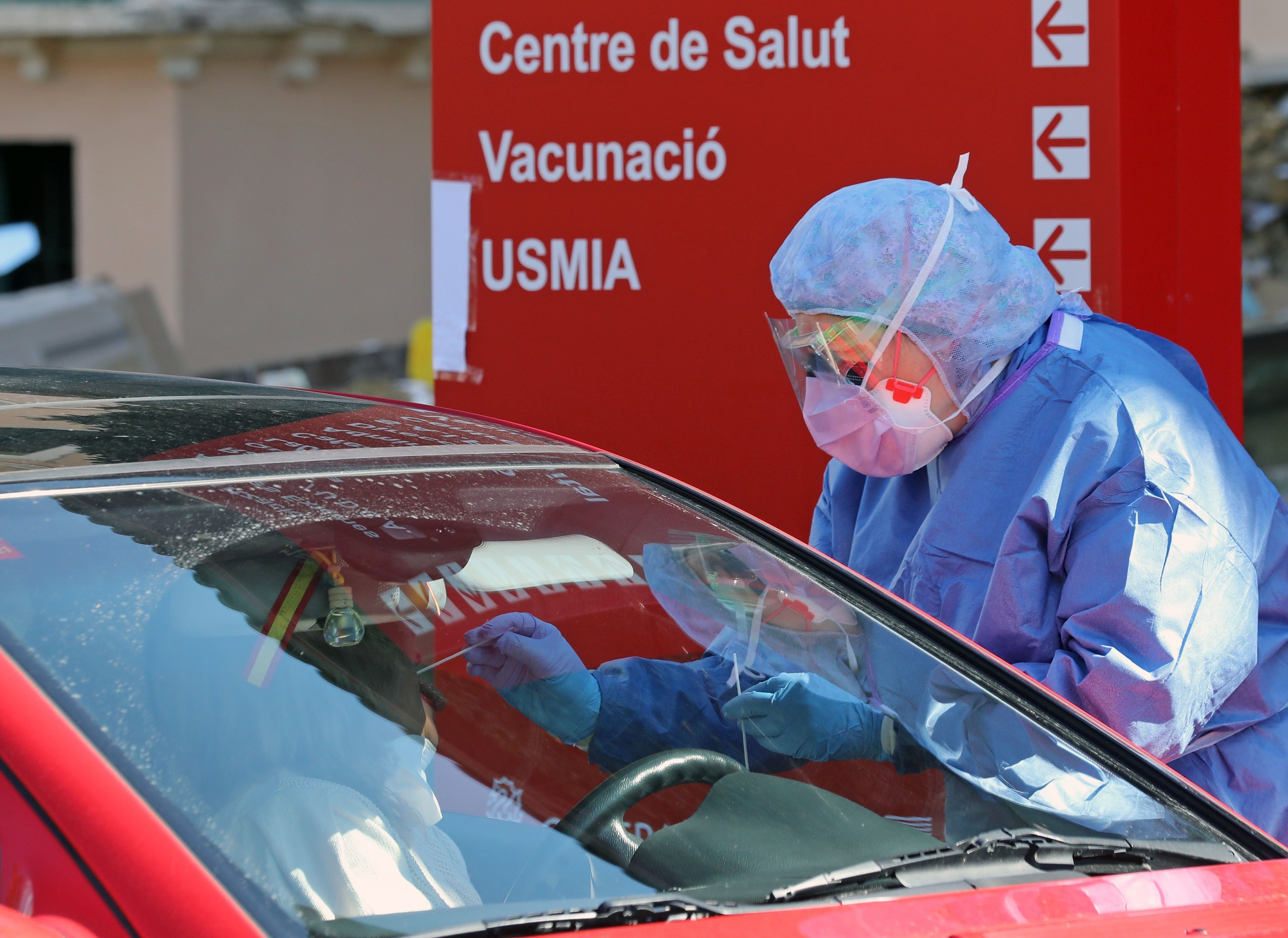In order to know the true extent of the pandemic in Spain - and thus to make the best decisions on what action to take - it is essential to be able to test widely for Covid-19 among the general public. That is why, as Spain's confirmed totals of cases soars above 56,000, the Pedro Sánchez government has made a significant purchase of rapid diagnostic tests for the virus, saying that as many as a million such tests should arrive soon. But of those received already, a batch of 9,000 tests have been found to be faulty and have been sent back. They fail to detect positive cases with sufficient reliability, the Spanish health ministry has confirmed.
When Spain's National Epidemiology Centre checked the product, it was found that "the specifications of the batch sent did not correspond to the CE quality certificate" and it has been returned to the Chinese manufacturer Bioeasy. Health Emergencies coordinator Fernando Simón said that the company would change them. This is an order acquired by the ministry days ago, while it awaits the arrival of its much larger recent orders, which come from a variety of different sources. Production in Spain has also been activated, he said.
Chinese embassy says the company is not licenced
Following the news, the Chinese embassy in Spain issued a statement stating that Shenzhen Bioeasy Biotechnology, which provided the defective batch of tests, does not yet have an official licence from the Chinese medical product administration to sell its goods. The test kits made by this company have a sensitivity of 30%, when the required minimum is 80%.
In addition, the embassy says that the Chinese trade ministry offered Spain a list of approved suppliers and that it did not include Bioeasy. In response to this, and following of flurry of criticism of the Spanish management of the situation, the health ministry in Madrid sought to justify the operation. It says that the 9,000 defective tests were understood to have met "European standards" and that "the government did not purchase them in China, but from a supplier in Spain, before the Chinese authorities provided its listings".
The Sánchez government has also commented on the fact that, when coronavirus testing begins much more become widespread, the official statistics on infection numbers are likely to skyrocket. The ministry led by Salvador Illa says this will only be a communicative problem, not a real one. "It will be extremely useful epidemiologically to have a real profile of the expansion of Covid-19. "There are people infected but undiagnosed," said Fernando Simón, and that by means of the new testing programme "we will even find out those who are asymptomatic" but have unknowingly contributed to the virus's spread.
Sánchez: "This is very important"
In one of his two television addresses to Spaniards last weekend, prime minister Pedro Sánchez gave special emphasis to the fact that Spain was buying approved and reliable kits for rapid testing of the virus: "This is very important, homologation. It's very important because that means they have all the guarantees." The Spanish PM said that purchase of 640,000 units of these tests was already contracted and the total would reach one million.
Catalan health minister Alba Vergés spoke earlier this week about the urgency with which the rapid Covid-19 tests were needed. "The Spanish ministry has said the tests won't arrive before Thursday at the earliest," she said.

